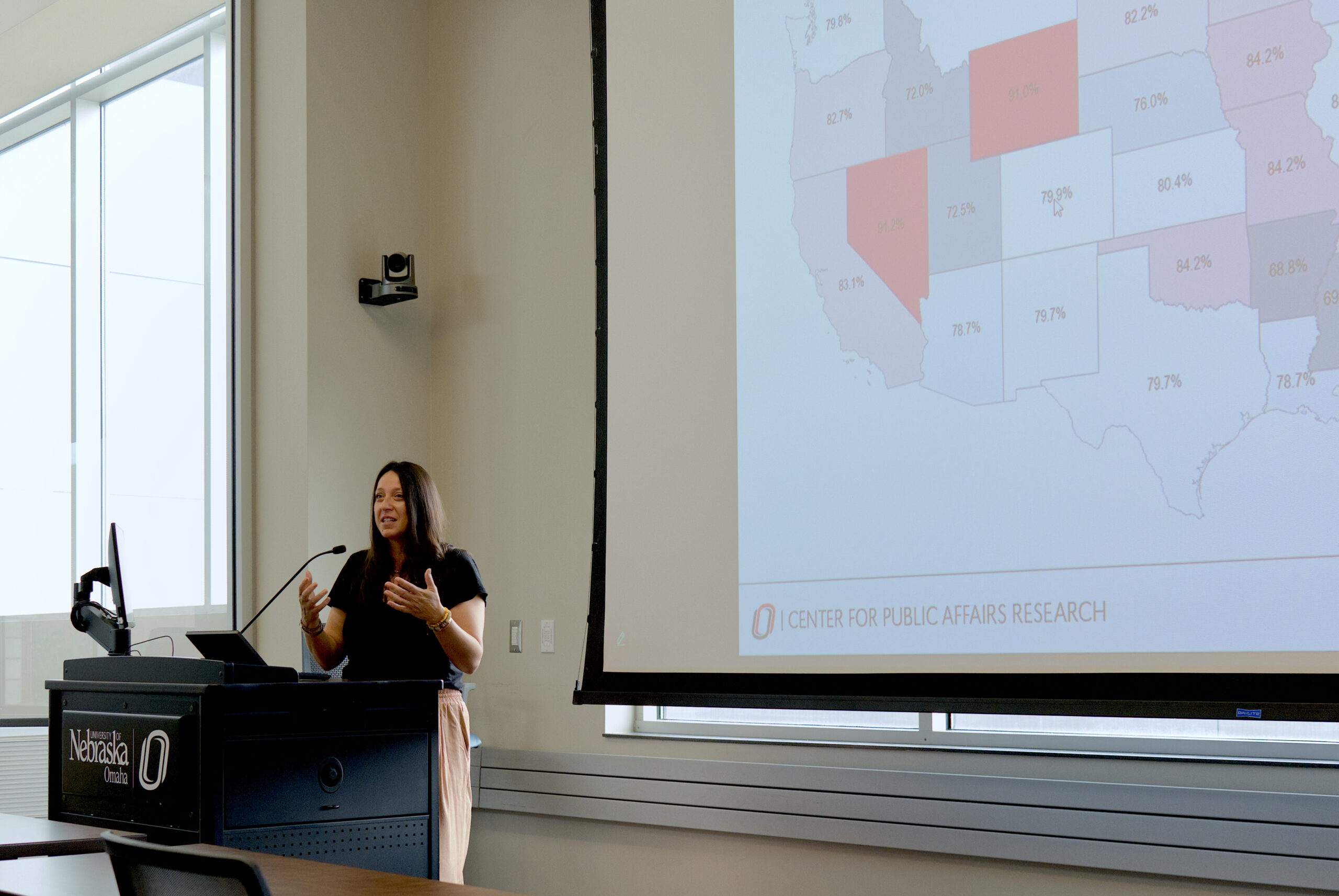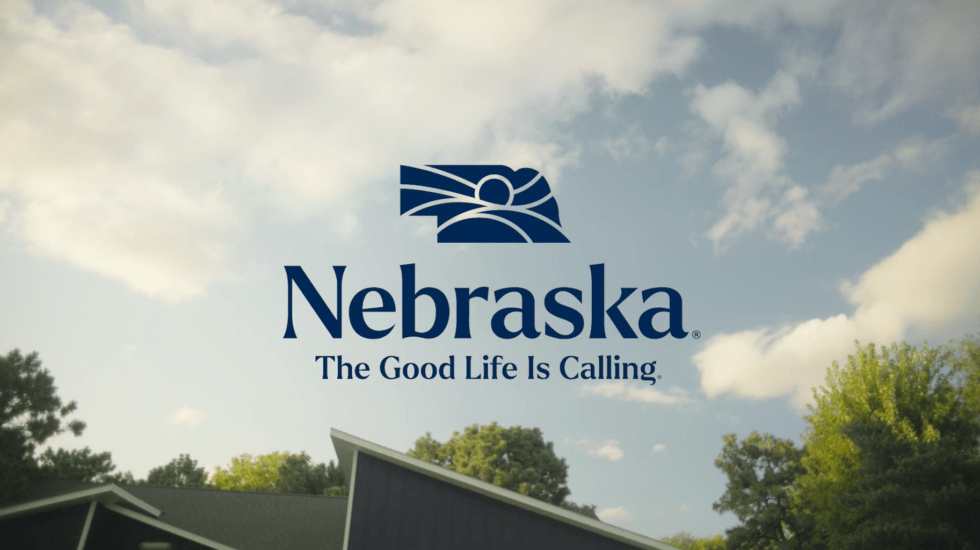Nebraska’s cottage food law allows individuals to make and sell certain types of homemade food directly to consumers, from their home. Passed in 2019 with a focus on shelf stable products like cookies, breads and baked goods, the law was recently updated to include a larger variety of products.
Additional food items, including some foods that are supposed to be refrigerated, can now be sold from a producer’s home or at public events like farmer’s markets. Producers can also deliver their goods in person or through online and mail orders where it’s legal to mail designated cottage foods.
Although producers are not required to prepare their goods in a commercial kitchen, there are still regulations that need to be followed. You can see a full list of requirements — such as necessary accredited food safety training and needed information on labeling — and how to register a cottage food business on the Nebraska Department of Agriculture’s website.
University of Nebraska-Lincoln Extension Educator Cindy Brison said that cottage food production really “blossomed” during the COVID-19 pandemic. Since then, it’s expanded throughout the state and across age groups. Initiatives and businesses are popping up in Family and Consumer Sciences classes at the high school level, Future Farmers of America (FFA) and 4-H programs, as well as community colleges.
Brison described the “ingenious” nature of cottage food producers, emphasizing their marketing and independent networking skills through social media groups, as well as their exploration of new and trendy products like freeze dried foods.
“There’s not a week that goes by that somebody doesn’t call or email and they have a question where I’m like, ‘Well, that’s new,’” said Brison.
Nancy Williams, co-founder and former president and CEO of No More Empty Pots, said the cottage food law has lowered barriers to entry to explore the idea of starting a food business. The ability to work from a home kitchen rather than needing to rent a more expensive commercial kitchen makes it more accessible. She continued that the law gives cottage food producers a level of certification and trust with customers, and the ability to test to see if there is a market for their products before scaling.
“It’s a great way to get started,” said Williams.
The updates to the law also present additional legal, and health and safety considerations for entrepreneurs. Kitchen Council Managing Director Holly Benson Muller said part of her organization’s job is assisting individuals with navigating and understanding legislation and health codes. This is especially critical because businesses at different stages may require different certifications, or need to operate between the different cottage food laws in Nebraska and Iowa.
“My disclaimer when chatting about topics and subjects like this is that we are not the health department,” said Muller. “So whenever a food entrepreneur is thinking about starting up, regardless of whether it’s in Iowa or Nebraska, they should always be talking to the local or state jurisdiction.”
Both No More Empty Pots and Kitchen Council are nonprofit organizations based in the Omaha-Council Bluffs metropolitan area that offer commercial kitchen space and educational programming to assist individuals with starting or expanding their own food business.
Muller and No More Empty Pots Kitchen Coordinator Alisha Waugh mentioned local food entrepreneurs who took advantage of their home kitchens before scaling to reach new markets. These include:
- Busy Vegan
- Dundee Popcorn
- Kookaburra Cookies
- Kimbar
- Freedman Baking Co.
- Oso Good Kitchen and Panaderya
“There’s so many opportunities in the state of Nebraska and in the region to access more local foods, and I believe that that’s a huge benefit for food entrepreneurs if they know where to tap into the markets and how to access it,” said Williams.
“The more we keep those dollars within the local ecosystem, the greater multiplicative benefit that dollar will have…to serve and circulate throughout the ecosystem…to pay for more local goods and services,” she added.
For additional information on the updated food cottage law, frequently asked questions and educational resources, visit UNL’s website through the Institute of Agriculture and Natural Resources.





One response to “Updates to Nebraska cottage food law expand opportunities for small-scale food producers”
Nebraska’s cottage food laws are still incredibly restrictive on processing vegetables, including canned tomato products. Living in a rural area, there are no available commercial kitchens I can rent for such purposes, and installing a commercial stove hood is cost prohibitive. Another issue is poor availability of USDA inspected meat processors, especially for smaller animals than beef or pork.